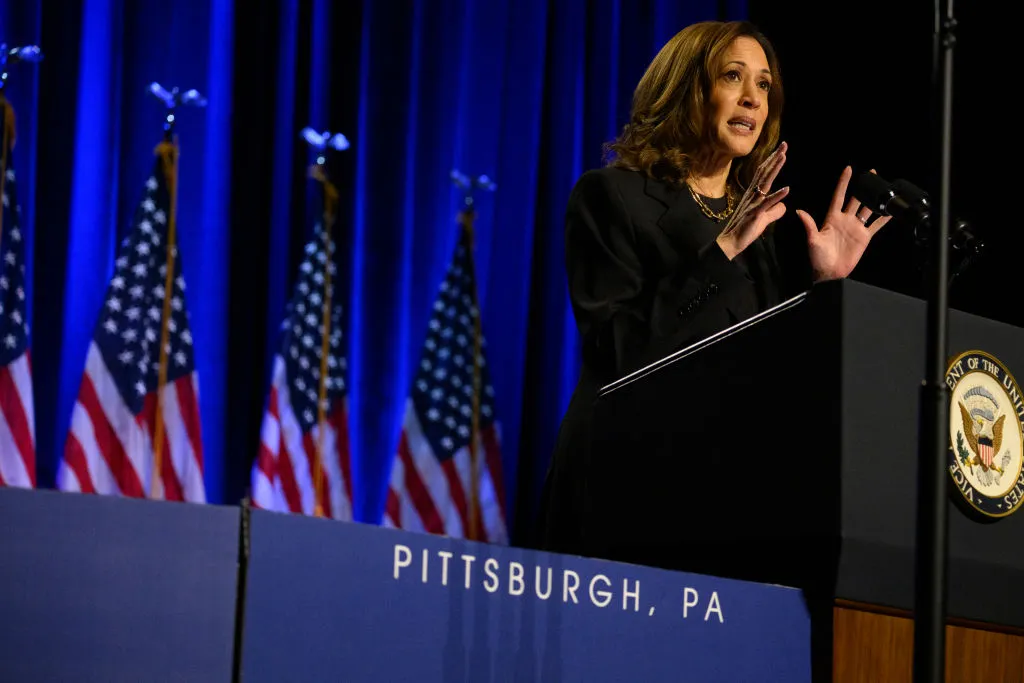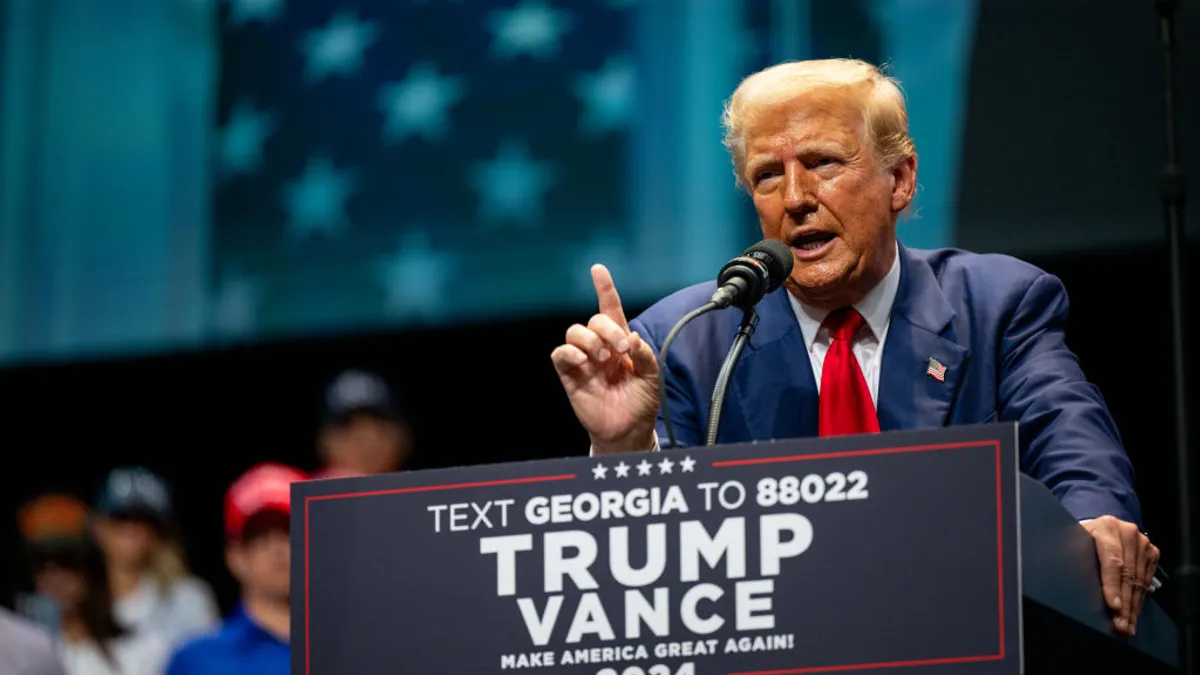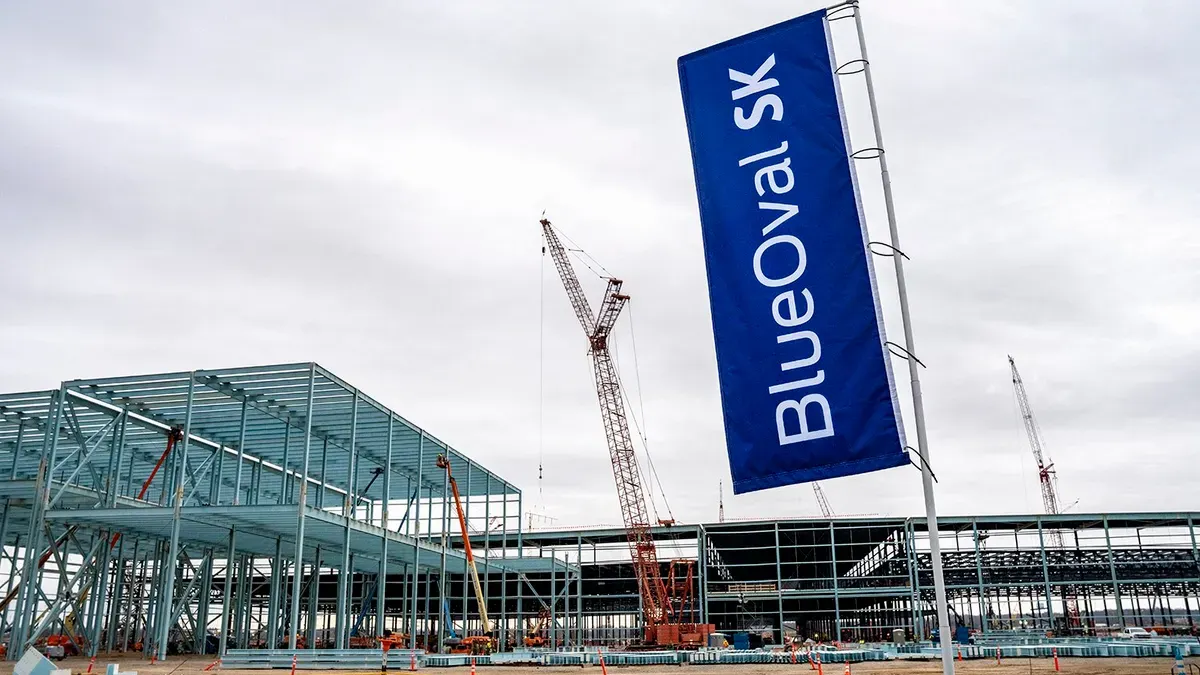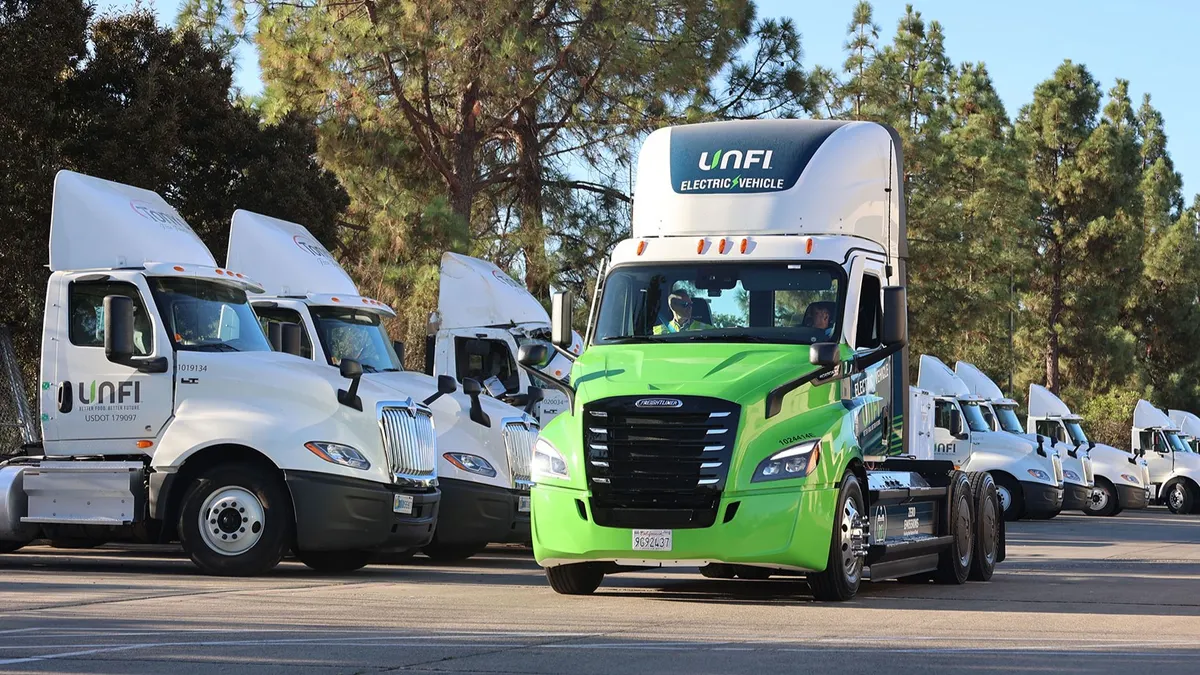Former President Donald Trump and Vice President Kamala Harris spent the week laying out their growth strategies for U.S. manufacturing, as the two presidential nominees attempt to sway voters with their economic plans.
The candidates’ differing plans for invigorating the economy has become a centerpiece of campaign messaging, with both giving speeches this week outlining how domestic manufacturing will play a central role in that growth.
Trump's speech Tuesday in Savannah, Georgia, prioritized the use of tariff hikes and corporate tax cuts, while Harris focused on expanding clean energy and advanced technology manufacturing during remarks Wednesday in Pittsburgh.
Trump's plans to 'take other countries' jobs'
Trump vowed to spur an American manufacturing "renaissance," that will create millions of jobs and drive foreign companies to build factories in the U.S.
"Not only will we stop our businesses from leaving for foreign lands, but under my leadership, we’re going to take other countries' jobs," Trump said.
The Republican nominee promised to cut the corporate tax rate for domestic manufacturers from 21% to 15%, as well as lessen regulatory burdens for companies looking to build new factories and extract critical minerals such as lithium.
"We will seriously expedite environmental approvals and we will get everything approved quickly to unleash mineral production and rare earth," Trump said. "They think we have to go to China for rare earth. We don’t."
To help spur all of this growth, Trump pledged to create a "manufacturing ambassador" who will convince foreign manufacturers to build plants in the U.S. The former president also noted plans to expand research and development tax credits, allowing manufacturers to "write off 100% of the cost of heavy machinery and other equipment in the first year."
"For years, we watched other countries steal our jobs," Trump said. "Now we are going to be going after their jobs and bringing them back to America where they belong."
Continuing with his promises of heightened tariffs, the former president also threatened to impose a 100% tariff on every car imported into the country from Mexico.
"The only way they’ll get rid of that tariff is if they want to build a plant right here in the United States with you people operating that plant," he added.
Tariffs have been a central tenet of Trump's economic platform throughout the campaign, with pledges to raise tariffs on all imports up to 20%, despite concerns from some experts that such hikes would lead to higher consumer prices. On Monday, Trump threatened to slap Deere & Co. with a 200% tariff if it follows through on a plan to shift some production to Mexico.
"We’ll lead an American manufacturing boom," Trump said. "We’re going to have a manufacturing boom, and a lot of it’s just taxation policy, tariff policy."

Harris takes a 'pragmatic' approach
Vice President Harris said in her speech Wednesday in Pittsburgh that she will bring a "pragmatic" approach to growing the U.S. economy.
Harris pledged to invest in biomanufacturing and aerospace, keep the U.S. "dominant" in artificial intelligence, quantum computing and blockchain, and expand clean energy production in areas such as batteries, nuclear energy and geothermal energy.
"I will recommit the nation to global leadership in the sectors that will define the next century," the Democratic nominee said.
Harris vowed to expand tax credits for companies that create unionized jobs and "strengthening factory towns" by offering funds for retooling existing factories.
The Biden-Harris administration has spent billions of dollars on clean energy manufacturing tax credits through the Inflation Reduction Act, as well as through direct funding for manufacturers, including $15.5 billion to retool factories for EV production.
On workforce development, Harris pledged to double the number of registered apprenticeships by the end of her first term. The vice president also vowed to eliminate degree requirements for federal jobs, an increasingly popular tactic to increase diversity in the workforce and improve recruitment efforts.
Like Trump, Harris promised to remove regulatory barriers that slow down factory construction, including tackling permitting reform.
"The simple truth is, in America, it takes too long and it costs too much to build," Harris said. "Whether it’s a new housing development, a new factory, or a new bridge, projects take too long to go from concept to reality."
The vice president didn't dig into tax cut numbers during her remarks, but underscored the importance of tax reform "to make it easier for businesses to let workers share in their company’s success."
"I will challenge the private sector to do more, to lift up workers through equity, profits, and benefits so more people can share in America’s success and prosperity," the vice president said.
























